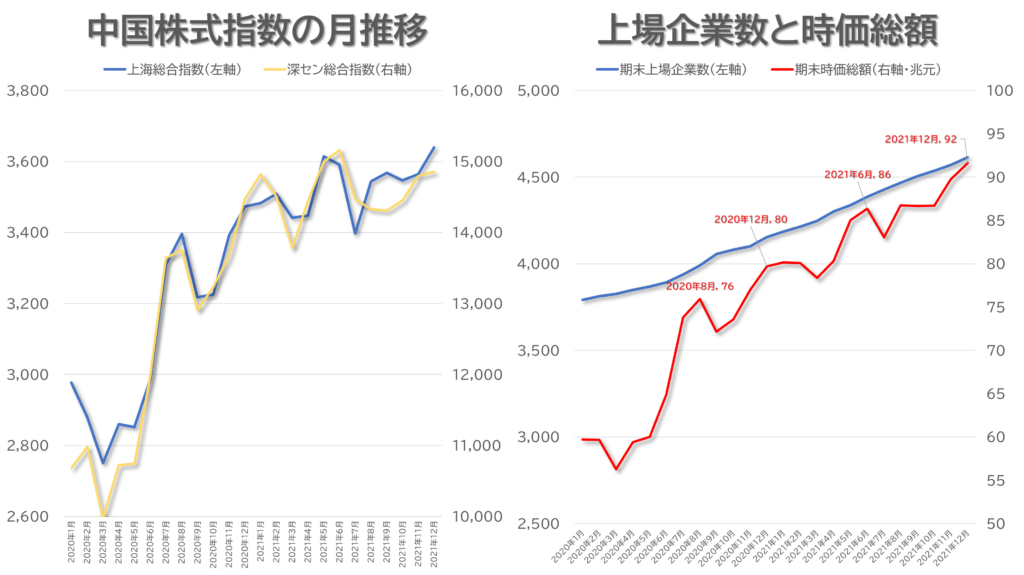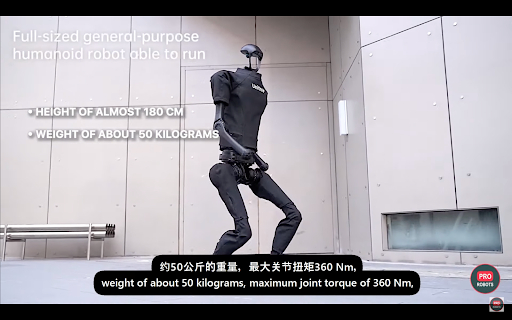BBC Deepfake Agatha Christie: Fact Or Fiction?

Table of Contents
Understanding Deepfake Technology and its Capabilities
Deepfake technology, fueled by advancements in artificial intelligence (AI) and machine learning, allows for the creation of incredibly realistic AI-generated videos. These videos often involve seamlessly swapping one person's face onto another's body, creating convincing yet entirely fabricated footage. The process utilizes complex algorithms, including facial recognition and video synthesis, to manipulate existing video material.
- Mechanics of Deepfake Creation: Deepfake creation involves training a neural network on vast amounts of video data featuring the target individual. This training allows the AI to learn the nuances of their facial expressions, movements, and even vocal patterns. The AI then synthesizes new video footage, blending the learned characteristics with the video footage of the person whose body is being used.
- Advancements and Increasing Realism: Deepfake technology is rapidly evolving. Early deepfakes were often easily detectable due to noticeable inconsistencies and artifacts. However, modern deepfakes are becoming increasingly sophisticated, making them virtually indistinguishable from genuine video footage. This progress raises significant concerns about the potential for malicious use.
- Famous Deepfake Examples and Impact: The rise of deepfakes has already impacted politics, entertainment, and even personal relationships. Numerous examples exist, from manipulated political speeches to fabricated celebrity endorsements, underscoring the technology's power and potential for harm. The impact often leads to confusion, distrust, and the spread of misinformation.
- Ethical Concerns and Misuse: The ease of creating deepfakes and their potential for malicious use present serious ethical concerns. Deepfakes can be weaponized for blackmail, fraud, identity theft, and the spread of propaganda, potentially destabilizing social and political landscapes. The lack of easily accessible detection tools further exacerbates these issues.
Analyzing the Evidence: Is the BBC Deepfake Authentic?
The question of whether a BBC deepfake of Agatha Christie is genuinely authentic requires rigorous investigation. Currently, concrete evidence remains elusive. However, analyzing potential evidence and applying digital forensics techniques can help determine the video's authenticity.
- BBC Statements and Available Evidence: Any official statements or information released by the BBC concerning a potential deepfake are crucial pieces of evidence. A lack of transparency can fuel suspicion and distrust.
- Debunking Techniques: Digital Forensics Analysis: Experts employ various methods to detect deepfakes, including flicker analysis (examining inconsistencies in lighting and blinking patterns), inconsistencies in facial expressions, and analysis of subtle artifacts left behind by the AI algorithms used in the creation process.
- Creative or Educational Purposes?: The BBC, like other media organizations, could potentially use deepfake technology for legitimate creative purposes, such as recreating historical events or bringing deceased actors back to life for documentaries or fictional projects. The context and intent are critical to evaluating the ethical implications.
- Expert Opinions and Investigations: Independent investigations by experts in digital forensics and AI are vital in verifying the authenticity or falsity of a suspected deepfake. These investigations should involve analyzing the video using multiple techniques and methodologies to arrive at a well-founded conclusion.
The Impact on Agatha Christie's Legacy
The potential existence of a BBC deepfake featuring Agatha Christie raises significant concerns regarding her brand and intellectual property rights.
- Impact on Brand and Legacy: If a deepfake is deemed authentic, it could potentially tarnish Agatha Christie's legacy and damage the perception of her brand. The use of her likeness without consent would undoubtedly be problematic.
- Legal Aspects and Copyright Implications: The use of a deepfake to portray a deceased individual raises complex legal and ethical questions surrounding copyright, right of publicity, and intellectual property. Existing legal frameworks may be insufficient to address this emerging challenge.
- Influence on Future Portrayals of Historical Figures: This situation could set a precedent for future use of deepfakes in portraying historical figures, raising concerns about the accuracy and authenticity of historical media representation. Stricter regulations might be necessary.
The Future of Deepfakes in Media and Entertainment
Deepfake technology's potential benefits extend to various media and entertainment sectors. However, responsible development and regulation are critical.
- Potential Benefits: Deepfakes can revolutionize filmmaking and television, enabling de-aging of actors, creating realistic special effects, and even resurrecting deceased performers. These advancements could open up new creative avenues.
- Challenges and Concerns: The potential for misuse and the ethical dilemmas surrounding deepfakes require careful consideration. Issues such as consent, privacy, and the potential for widespread misinformation need to be addressed.
- Role of Regulation and Legislation: Establishing clear legal frameworks and ethical guidelines is essential to navigate the challenges posed by deepfake technology. International collaboration will be key in developing effective regulatory measures.
Conclusion
The BBC deepfake Agatha Christie situation underscores the complex interplay between artificial intelligence, media, and public perception. While deepfake technology holds immense promise, it also presents serious challenges demanding careful consideration and responsible development. The authenticity of the rumored BBC deepfake remains a crucial question, highlighting the need for media literacy and digital forensics expertise in today's digital world.
Call to Action: Stay informed about developments in deepfake technology and cultivate critical thinking skills when analyzing media content. Understanding the capabilities and limitations of deepfakes is crucial to navigating the increasingly complex world of digital media. Search for “BBC Deepfake Agatha Christie” to learn more.

Featured Posts
-
 Nouveaux Restaurants A Biarritz Adresses Et Chefs A Decouvrir
May 20, 2025
Nouveaux Restaurants A Biarritz Adresses Et Chefs A Decouvrir
May 20, 2025 -
 Nvidia Ai
May 20, 2025
Nvidia Ai
May 20, 2025 -
 Vc
May 20, 2025
Vc
May 20, 2025 -
 Understanding Hamiltons 2023 Underperformance Compared To Leclerc
May 20, 2025
Understanding Hamiltons 2023 Underperformance Compared To Leclerc
May 20, 2025 -
 Recherche Active Des Suspects Du Meurtre D Aramburu
May 20, 2025
Recherche Active Des Suspects Du Meurtre D Aramburu
May 20, 2025
